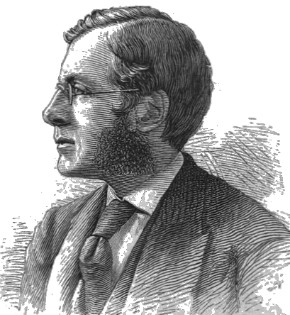Prophets of imagined futures

Lately I’ve been returning to an old love—re-reading William James. I see his defects more clearly now, but I still love him. Uniquely among philosophers, James made a literary art form out of affectionate curiosity. He was so gregarious, one of his contemporaries said, that he could make friends with the lampposts on Irving Street. Teleport James from whatever Swedenborgian otherworldly precinct he currently inhabits, and I imagine he would be just as ready to make friends with the LED streetlights. His empathy seemed boundless, yet as my husband reminds me, there were times when it fell short; one need only skim the lecture on saints in The Varieties of Religious Experience to see how deeply embedded was James’s predisposition to disparage traditional religion.
James acknowledged the distorting effect of all such predispositions; his essay “On a Certain Blindness in Human Beings” begins by noting “the stupidity and injustice of our opinions, so far as they deal with the significance of alien lives” and ends by declaring “hands off” on the negative evaluation of worldviews for which we lack immediate sympathy. To abide by this interdict, however, turned out to be a challenge even for the open-minded William James.
While reading James, I stumbled upon a little book called The Religion of the Future, authored by James’s neighbor, Harvard’s legendary president Charles William Eliot, a progressive thinker like James with wide sympathies and conspicuous blind spots of his own. In this book, which originated in a 1909 address to the Harvard Summer School of Theology, Eliot predicted the emergence—along lines noticeably favorable to his predispositions—of a new religious consciousness. Purged of crude anthropomorphism, penitential breast-beating, and dramatic altar calls, the religion of the 20th century “will not rely on either a sudden conversion in this world or a sudden paradise in the next.” While salvaging the good things of the old religion, the new religion will devote its energies to social improvement rather than personal salvation. The 20th century will trust in providence but tether its camels, not looking for God to intervene directly in the affairs of nations or individuals. Admiration for exemplary leaders will replace the cult of the saints. No fairies or imps will haunt our dreams; no angels or demons will muddle our moral judgments.




